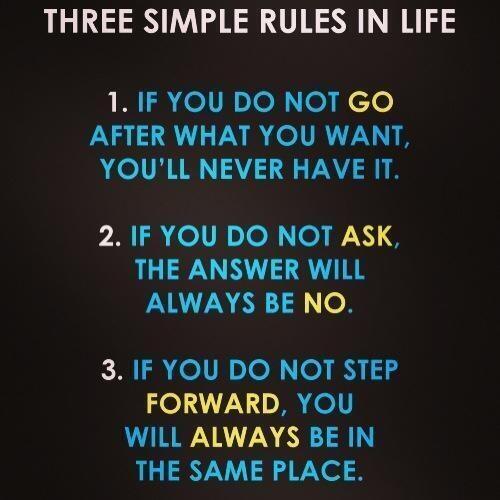We went to one of our favorite French Restaurants, over the weekend. The chef who runs this restaurant is someone who cares consistently about the quality of his food and his customers.
We have been going to his restaurant, which has travelled many places within the city due to the ever rising rents, for more than 10 years. His current restaurant is small and can probably seat about 30 people. I would normally not go to a street where his restaurant resides currently. Yet, I went, only because of the care this chef has shown to his clients over the years in terms of the quality of the food and the service……
A friend of mine remarked in one of my conversations with her that a colleague of hers seems to have gone quiet. Somebody who was enthusiastic and trying to find ways to improve on things had suddenly lost her energy……
You don’t send me messages as often as you used to. What happened? This was one of my friends who asked me this? I got away by saying I was busy. Whilst I was busy, that definitely was not the real reason for not sending her messages as often as I used to. Fact is, I was tired of having a one way communication and decided I shouldn’t and probably somewhere I decided to change the care in that relationship……..
I was in a coaching supervision discussion two weeks back and one of the participants remarked that my client probably doesn’t care. That struck a chord in my mind…..
Care is so important and yet the most underestimated feeling in the business and corporate world.
I deliver sales training and conduct workshops related to sales amongst many other trainings and workshops and it is evident from the various stories that I hear that care, which is imperative in continuing a customer relationship, is one of the most ignored feeling.
Think about it, would you continue to do something with your heart, if you didn’t care.
⇒If you didn’t care for something, you lose interest.
⇒If you didn’t care, you will take everything for granted and become indifferent.
⇒If you didn’t care for a customer, you would not attend to every detail in that relationship and the latter comes from understanding the client.
⇒If you didn’t care, you would probably not try to resolve or suggest solutions to every inefficiency within the organization that you work with.
How many restaurants and businesses do you know which open with enthusiasm and as the business progresses, the attention to detail and little things that matter are taken for granted. In short they stop caring.
As a leader how can you make sure that you continue to care ?
1. Care for the complaints
Complaints are irritating and can trigger a negative vicious cycle. But you need to distinguish between a complaint which is condemnation from one that is genuine and made with the intention of taking the business or company forward. Better still see if you can take care of those little things that matter that no complaints come up.
2. Care for your team and employees
Engaged employees are those who are recognized, respected and cared for by their manager and their organization. Get to know your team because it is the inner view that enables you to determine what is each of their interests and their strengths.
3. Care for them as a person
No matter who you are, be kind.
4. Care for your customers
Customers are the backbone of any business. Without customers your business is non-existent. How would you like to be treated as a customer or as a person?
5. Care because it Matters
Would you like to be treated with care? Would you do anything consistently, if you didn’t care? Would you deal with someone, as a customer, as an employee or as a person, if the “care” aspect was missing?
Care because we all need Compassion, Appreciation, Reinforcement and Empathy.
How are you bringing “care” in everything you are and everything you do ?
How are you spreading the positivity in care?
For one-on-one coaching, workshops, training, speaking let’s connect










